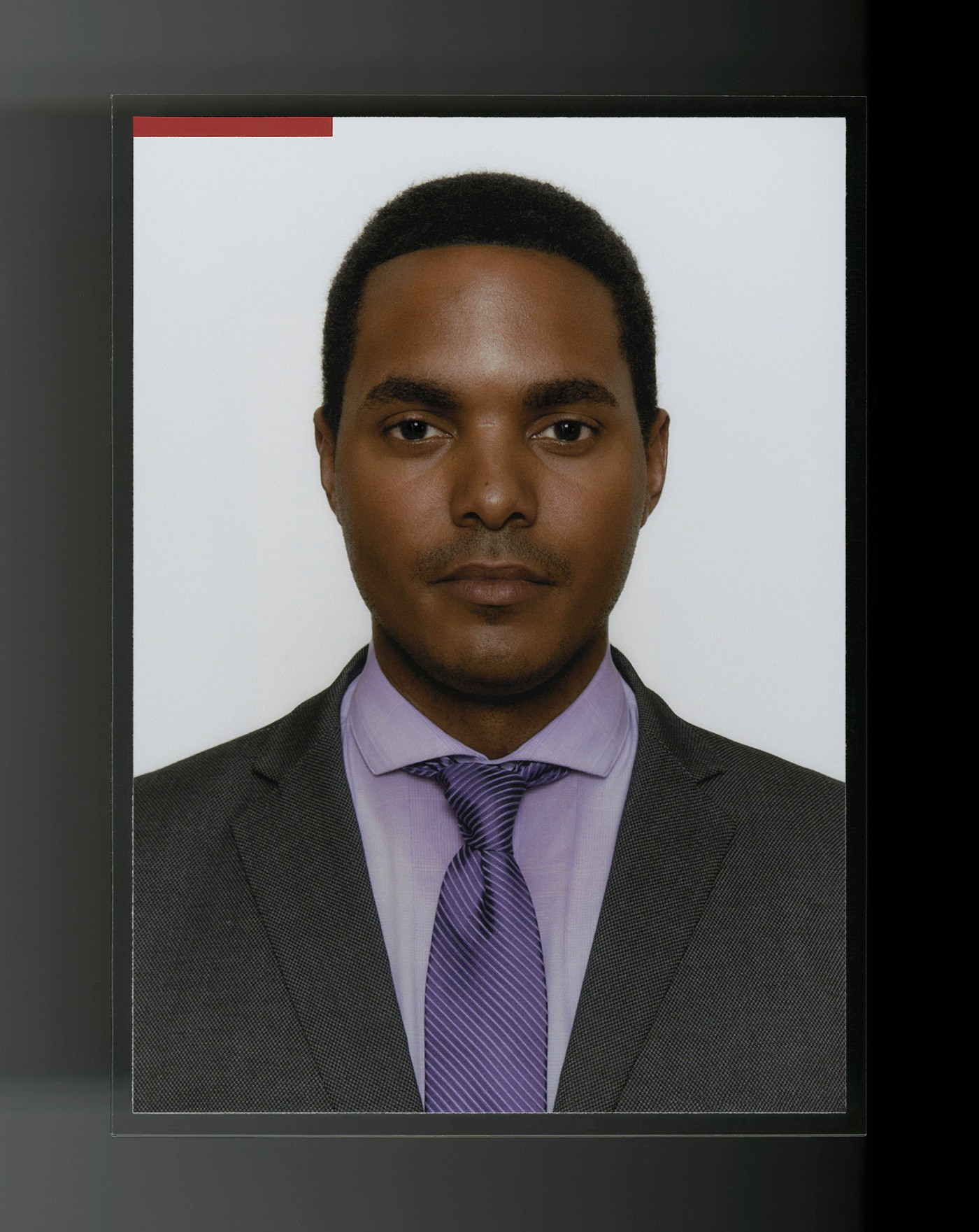01:30PM
In 2013, at the age of 25, Ritchie Torres became the youngest elected official in New York. Raised in the Bronx’s Houses, Councilman Torres was charged with overseeing the New York City Housing Authority, the city’s largest landlord in the nation’s largest public housing system with more than 400,000 residents. represents some of the city’s most underserved populations who have been failed by the political establishment—Democrat and Republican. Decades of disinvestment in public housing has left NYCHA with $32 billion in capital needs, and deteriorating living conditions, forcing residents to live with leaks, mold, and vermin—a crisis the likes of which we haven't seen since the Great Depression. Councilman Torres examines history’s lessons on the perils of power as he works to transform a system that has abandoned his people.
NR
What books shaped your coming of age?
RT
As far as my political coming of age, the book that had the most formative influence on me was The Power Broker01. The Power Broker is more than a biography on ; it’s the definitive history of New York City politics through the life of one outsized personality who did so much to shape it—both for good and ill. I find that the story of Robert Moses is a cautionary tale about the moral trajectory of politics. You can enter politics as a performer, only to be thoroughly corrupted by the pursuit of power.
Power corrupts and absolute power corrupts absolutely. No one in the history of New York City government came closer to wielding absolute power than Robert Moses. He had the power to wipe you and your community literally from the map. By the stroke of a pen, he could designate your neighborhood a slum, demolishing every building and displacing every family in sight—all in the name of “urban renewal.”
The Power Broker is a case study in the corrupting and corrosive effect of power. When you are entrenched in politics for too long, as many elected officials are, you can almost inescapably become corrupted by power through habits of the political establishment. I think The Power Broker is not only a cautionary tale but a case for infusing new energy into politics.
NR
How did the lessons of The Power Broker compare to your own experiences living in, and overseeing, New York City public housing?
RT
In the City Council, we’ve enacted a number of to set off hysterical reactions from local residents. I’ve come to realize that the central fear of our time is the fear of displacement, from one’s home and one's neighborhood. The fear of displacement, I would argue, is rooted in the ghost of Robert Moses, which continues to haunt us all, as it is the contemporary experience of gentrification.
The central cause I am championing in the City Council is public housing. Few institutions in American life have been as caricatured and as stigmatized as public housing. When you think of public housing, what comes to mind is violence, racially concentrated poverty, physical decay, and demolition. The defining image of public housing has been , built in the 1950s. Pruitt–Igoe was a St. Louis public housing development that failed so catastrophically that it was demolished within 20 years of its inception.
Public Housing That Worked02 is a book about the exceptionalism of the New York City Housing Authority. NYCHA has been the great exception to the rule of demolition among large-scale public housing authorities. The book leaves you feeling that NYCHA was a success story and sparks a deeper appreciation for NYCHA as the greatest experiment in affordable housing development ever undertaken in the history of the United States. There are literally millions of people from across the country who owe their stability and livelihood to public housing. NYCHA houses a population the size of Boston—around 700,000 New Yorkers—and has done so over the course of 85 years. It’s an extraordinary story that gets lost in the modern media coverage. What sets NYCHA apart according to Public Housing That Worked is that commitment to maintaining and managing public housing to a high standard, with an eye towards preserving it for the next generation.
Another influential book on public housing is The Last Neighborhood Cops: The Rise and Fall of Community Police03. With the killing of particularly young men of color at the hands of the police, there has been a revival of interest in . The book reminds us that public housing was once home to community policing. Until 1995, NYCHA had its own police department and the housing beat cops were familiar names and familiar faces in the closely-knit, self-contained communities of public housing. When the city decided to integrate the housing police into the NYPD, it did a disservice to the cause of community policing in public housing, because it disconnected the community from the people who were supposed to protect it.
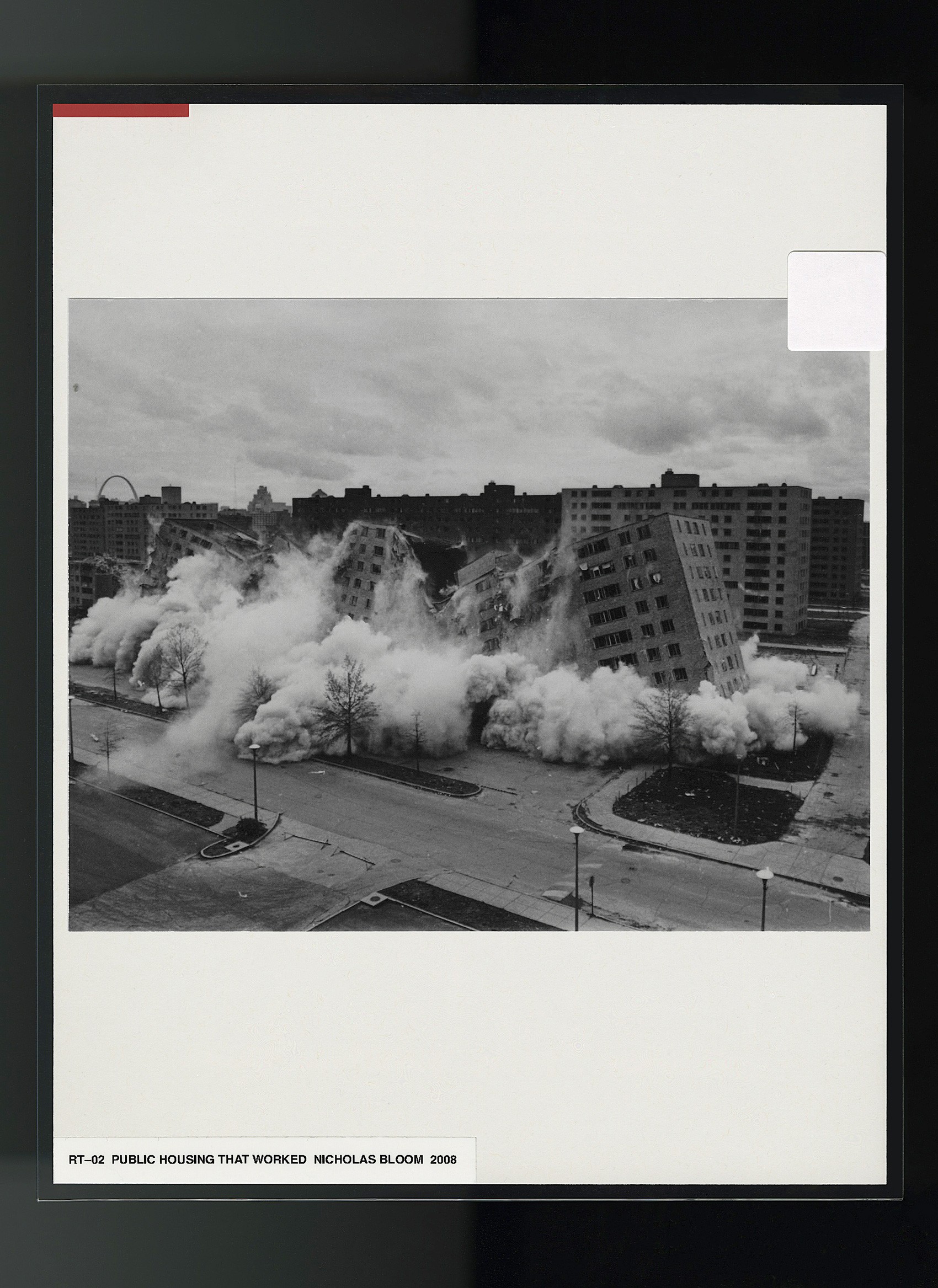
NR
NYCHA is currently facing a multi-billion dollar financial deficit. Could you explain the key moments in New York City history that have shaped the current deficit, and how it’s affected the people you represent?
RT
There are various accounts of NYCHA’s decline but I think the most important observation is that NYCHA has been systematically starved of funding at every level of government—federal, state, and city levels. It’s been so starved of funding that it has accumulated nearly $32 billion in capital needs, which have risen dramatically from $17 billion in 2011. In 1998, the state legislature withdrew all operating funds from public housing. In 2003, the city did the same, and since 2001, the federal government has been chronically underfunding public housing. This loss of funding at every level has led to the emergency crisis that public housing faces.
Last winter, 343,000 residents had heat and hot water outages. So, imagine senior citizens freezing in their apartments, leaving the oven on and risking exposure to carbon monoxide out of desperation for heat. We have disabled residents who have been left stranded in their apartments because their elevators are broken. There are asthmatics who are struggling to breathe in their apartments because of the constant growth of mold and mildew. There are children who have been poisoned by lead paint whose ability to succeed in school and climb the economic ladder and build a better life for their families is crippled by their early exposure to lead poisoning. A once great institution has become a shadow of its former self at the hands of government neglect and disinvestment. The conditions of public housing constitute a humanitarian crisis. If I had to sum up the state of public housing in one phrase, I would say it’s in a state of demolition by neglect.
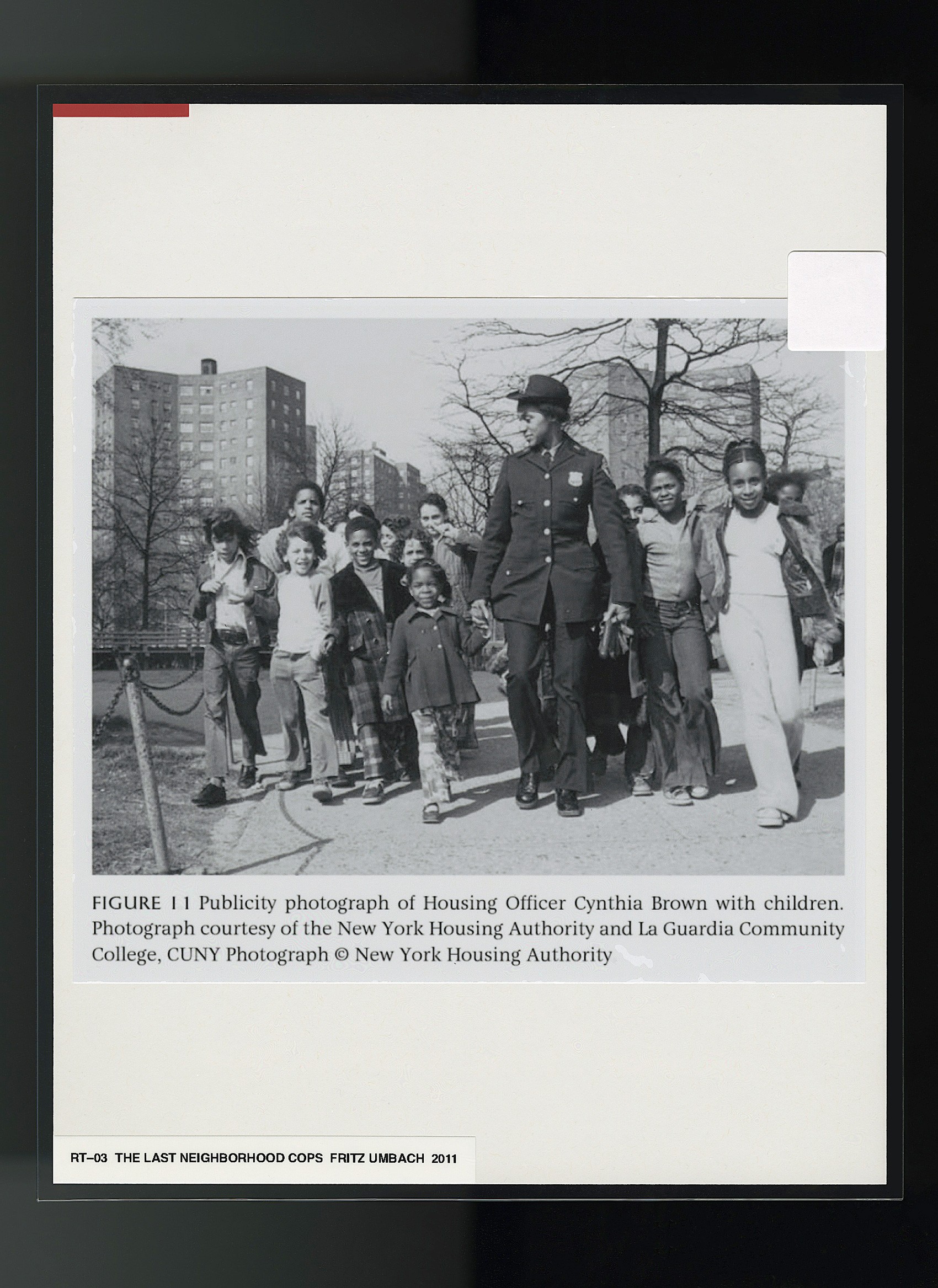
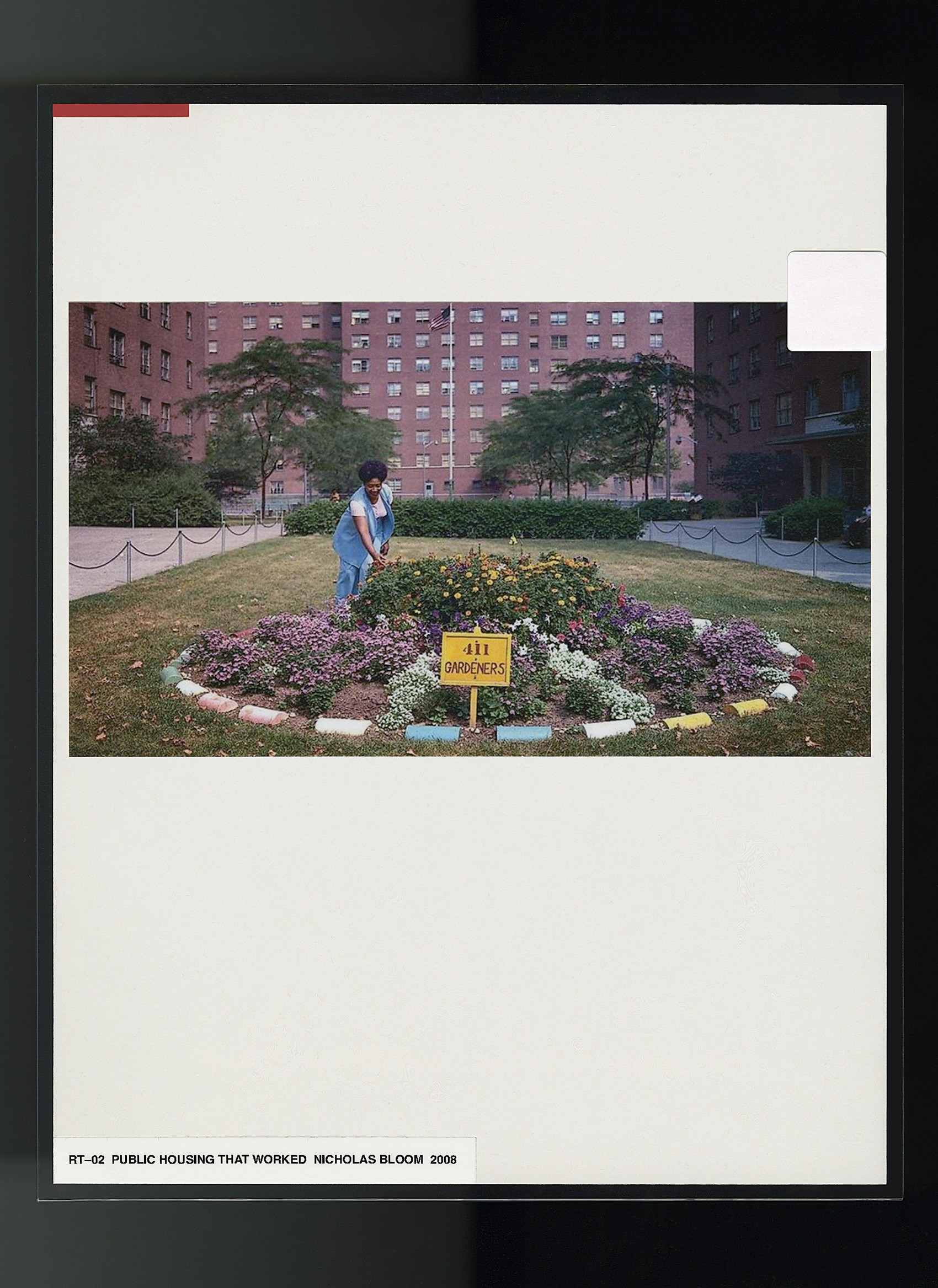
NR
You have said that out of being Afro-Latino, low income, LGBTQ, and young, ageism is by far the greatest challenge that you have faced. Your office is staffed with mostly millennials. Can you talk about the power of youth and new ideas in public policy?
RT
Albert Einstein once said, “If you do the same thing over and over again and expect a different result, that's the definition of insanity.” If you believe as I do—that politics is fundamentally broken—then you repair it with an infusion of new energy rather than electing more of the same. Millennials have become the change agents in politics. Millennials were among the driving forces behind the Bernie revolution, the election of the first African American president Barack Obama, and they propelled the successful candidacy of . One of the hallmarks of the millennial zeitgeist is a backlash against money and politics. Excessive money and politics are emblematic of the special interests which plague our public policy and government. Politics is reshaping itself, and it's reshaping itself in the image of the millennial generation.
NR
What books would you recommend to the new generation interested in politics and social change?
RT
One book that I would recommend that has nothing to do with politics on the surface is Sapiens: A History of Humankind04. It points out what is unique about humans is their capability of cooperating flexibly on a large scale. We know that intimacy is what drives cooperation on a small scale among family and friends, but what exactly drives cooperation on a large scale? Among thousands, millions, or billions of people who have never met? The thesis of the book holds that it’s the human ability to create and tell stories that inspire widespread cooperation and belief. We as humans have the power to tell stories, and the stories we tell have the power to inspire change and cooperation.
I find this to be a deep insight, not only into human nature but also into politics. It’s hardly a coincidence that the most successful elected officials are the best storytellers: Barack Obama in 2008; Bernie Sanders in 2016—even though he lost, he had a deep, enthusiastic following because of the story he told; Bill de Blasio in 2013; and, as odious as he is, Donald Trump in 2016. He had a clear story—it’s one that offended me deeply, but he had a story that spoke to a segment of the electorate.
Reading Sapiens has given me a storytelling theory about politics. The lesson learned from the triumph of Alexandria Ocasio-Cortez is that if you are a compelling messenger and you have a clear message, there are no limits to what you can achieve in politics. She defeated the most powerful political figure in New York City. A man who was on the verge of becoming the Speaker of the U.S. House of Representatives who led the most powerful party machine in New York City politics. He was decisively defeated at the hands of a 28-year-old Latina with no electoral experience and no establishment support. It’s the most impressive win that I have ever seen in local politics. It’s the most impressive triumph of the underdog in politics, but much of it boils down to storytelling. She was a compelling storyteller and messenger—she tapped into an undercurrent of dissatisfaction of the establishment and won.
NR
What obsessions would be revealed by your library?
RT
I certainly gravitate towards nonfiction and have a particular interest in philosophy. From Plato to Aristotle, Saint Augustine05, , , , to existential thinkers like Nietzsche06, Kierkegaard07, and Shakespeare08. I find philosophy to be enormously challenging. My thinking is, if I can master philosophy, I can master everything outside of mathematics and science.
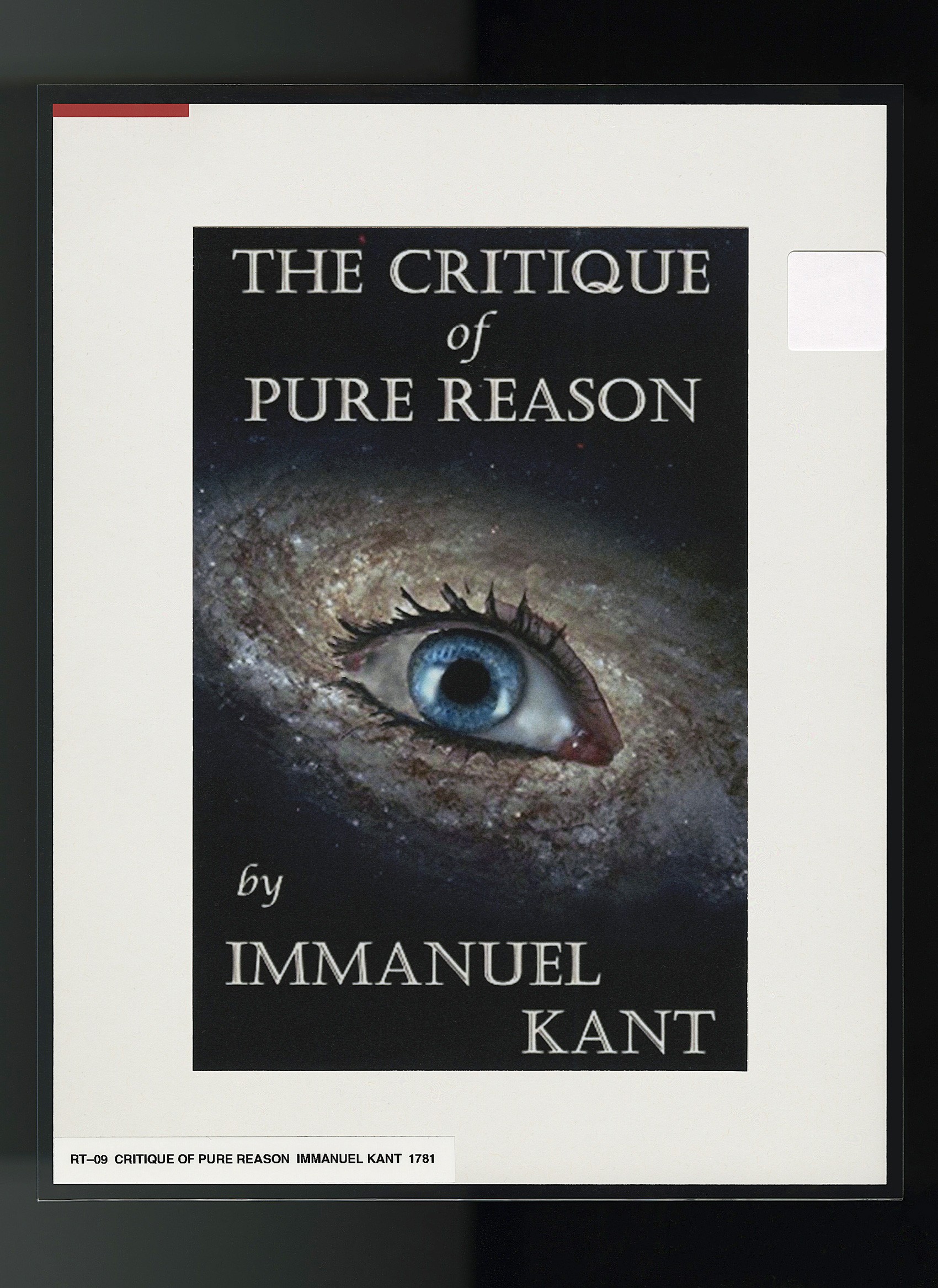
NR
Are there specific texts you have in mind?
RT
I would say the pinnacle of modern philosophy is . It’s a Critique of Pure Reason09.
NR
Does philosophy inform your political work?
RT
One of the central roles of the City Council is to hold oversight hearings. Every month we hold hearings where we cross-examine commissioners about the operations of their agencies. I came to appreciate the value of cross-examination through the .
Socrates once held that true knowledge lies in knowing that you know nothing. It’s a lesson in intellectual humility. He points out that we often confidently use words like truth, justice, and beauty without the ability to define them clearly. The Socratic Dialogues10 are a warning that we are more ignorant than our confident claims of knowledge would leave us to believe.
